BUDAPEST, Hungary: Artificial intelligence (AI) is rapidly transforming the dental industry in a radical way, and its influence is being felt especially powerfully in diagnostics, where AI-powered platforms are capable of instantly and effectively analysing a wide range of visual information for a variety of dental conditions. To assess the accuracy of AI models in the difficult task of detecting approximal caries on bitewing radiographs, researchers at Semmelweis University in Budapest conducted a systematic review and meta-analysis. Their results confirm emerging understandings that AI models can be highly effective within a clinical setting but that the clinician remains of vital importance for final judgement and decision-making.
Twenty-one studies, of an initial 2,442, met the inclusion criteria. To be eligible, studies had to compare AI findings with expert consensus, and only randomised and non-randomised controlled trials were considered. The researchers employed statistical models to evaluate the diagnostic measures of sensitivity—the proportion of correctly identified teeth with caries—and specificity—the proportion of correctly identified healthy teeth. This method accounted for their interrelationship and combined results across studies to estimate overall performance.
The findings revealed AI’s impressive diagnostic accuracy. Pooled sensitivity was 94%, and specificity reached 91%, demonstrating the ability of AI to detect carious lesions and exclude healthy teeth effectively. The models showed high negative predictive values, suggesting AI’s reliability in identifying non-caries cases, though positive predictive values were moderate, indicating some potential for incorrectly identifying healthy teeth as having caries. The diagnostic odds ratio, which quantifies how much more likely a tooth with caries is to be flagged as decayed compared with a healthy tooth, was high, further underscoring AI’s robust performance, especially when compared with that of human experts, whose sensitivity has been found to typically lag at 24%–36% in other studies—although their specificity is high, at 94%–97%. In this meta-analysis, the diagnostic accuracy of AI could not be compared with that of experts because of a lack of data published in the included studies.
Clinically, the implications of using AI are significant. AI can offer substantial assistance in caries detection; however, the study emphasised the necessity of expert oversight to validate positive findings in order to prevent unnecessary treatments or missed diagnoses. By complementing human expertise, AI can streamline dental workflows, enhance diagnostic precision and reduce the effects of examiner variability.
The study, titled “Diagnostic accuracy of artificial intelligence for approximal caries on bitewing radiographs: A systematic review and meta-analysis”, was published in the December 2024 issue of the Journal of Dentistry.
Topics:
Tags:
The intrusion of artificial intelligence (AI) into human life, especially within advanced capitalist economies, has been nothing less than epochal. Its ...
Digital orthodontics has witnessed groundbreaking innovation that now enables the in-office design and production of aligners. DDP AI, software developed ...
The US dental imaging market is undergoing a transformation, driven by emerging technologies and evolving practitioner demands. Innovations in artificial ...
Digital technologies are now essential in everyday life, also playing a crucial role in dentistry. While a dentist’s skills will remain at the core of ...
Live webinar
Tue. 24 February 2026
1:00 pm EST (New York)
Prof. Dr. Markus B. Hürzeler
Live webinar
Tue. 24 February 2026
3:00 pm EST (New York)
Prof. Dr. Marcel A. Wainwright DDS, PhD
Live webinar
Wed. 25 February 2026
11:00 am EST (New York)
Prof. Dr. Daniel Edelhoff
Live webinar
Wed. 25 February 2026
1:00 pm EST (New York)
Live webinar
Wed. 25 February 2026
8:00 pm EST (New York)
Live webinar
Tue. 3 March 2026
11:00 am EST (New York)
Dr. Omar Lugo Cirujano Maxilofacial
Live webinar
Tue. 3 March 2026
8:00 pm EST (New York)
Dr. Vasiliki Maseli DDS, MS, EdM



 Austria / Österreich
Austria / Österreich
 Bosnia and Herzegovina / Босна и Херцеговина
Bosnia and Herzegovina / Босна и Херцеговина
 Bulgaria / България
Bulgaria / България
 Croatia / Hrvatska
Croatia / Hrvatska
 Czech Republic & Slovakia / Česká republika & Slovensko
Czech Republic & Slovakia / Česká republika & Slovensko
 France / France
France / France
 Germany / Deutschland
Germany / Deutschland
 Greece / ΕΛΛΑΔΑ
Greece / ΕΛΛΑΔΑ
 Hungary / Hungary
Hungary / Hungary
 Italy / Italia
Italy / Italia
 Netherlands / Nederland
Netherlands / Nederland
 Nordic / Nordic
Nordic / Nordic
 Poland / Polska
Poland / Polska
 Portugal / Portugal
Portugal / Portugal
 Romania & Moldova / România & Moldova
Romania & Moldova / România & Moldova
 Slovenia / Slovenija
Slovenia / Slovenija
 Serbia & Montenegro / Србија и Црна Гора
Serbia & Montenegro / Србија и Црна Гора
 Spain / España
Spain / España
 Switzerland / Schweiz
Switzerland / Schweiz
 Turkey / Türkiye
Turkey / Türkiye
 UK & Ireland / UK & Ireland
UK & Ireland / UK & Ireland
 Brazil / Brasil
Brazil / Brasil
 Canada / Canada
Canada / Canada
 Latin America / Latinoamérica
Latin America / Latinoamérica
 USA / USA
USA / USA
 China / 中国
China / 中国
 India / भारत गणराज्य
India / भारत गणराज्य
 Pakistan / Pākistān
Pakistan / Pākistān
 Vietnam / Việt Nam
Vietnam / Việt Nam
 ASEAN / ASEAN
ASEAN / ASEAN
 Israel / מְדִינַת יִשְׂרָאֵל
Israel / מְדִינַת יִשְׂרָאֵל
 Algeria, Morocco & Tunisia / الجزائر والمغرب وتونس
Algeria, Morocco & Tunisia / الجزائر والمغرب وتونس
 Middle East / Middle East
Middle East / Middle East


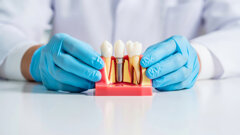

















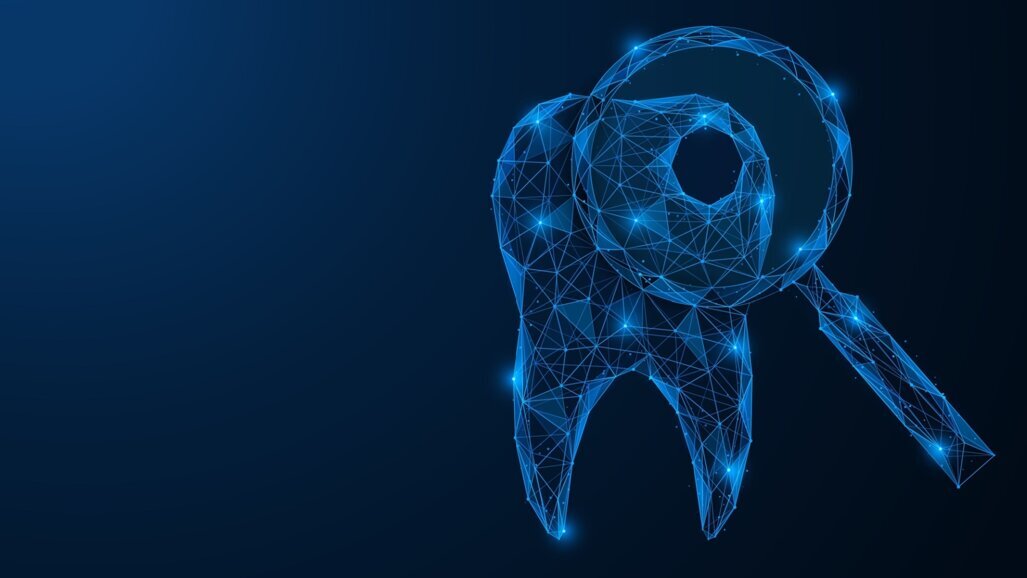



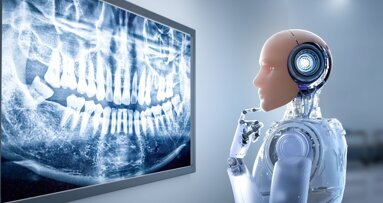
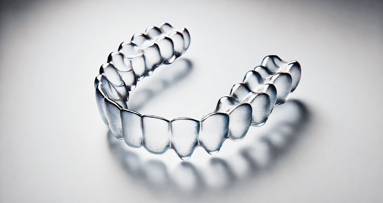
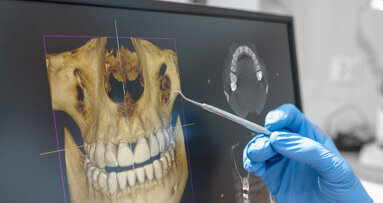
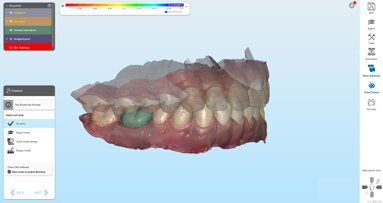









To post a reply please login or register